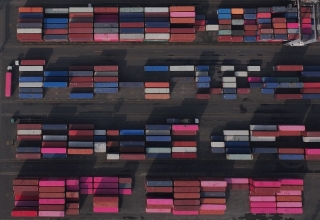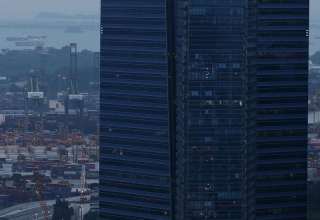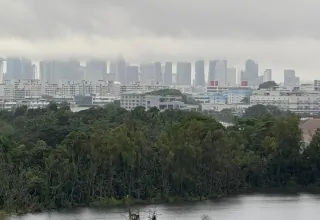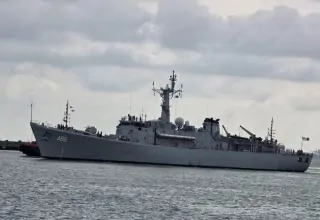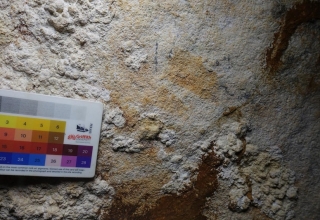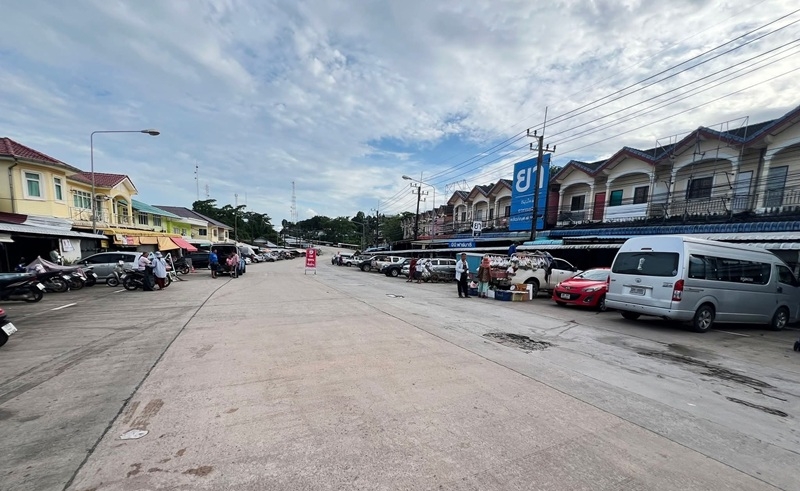
A diplomatic-based crisis in the relationships between Thailand and Cambodia has culminated in the closing of the official border crossings in a manner never seen before, several times, causing the thousands of international tourists a big dilemma; stuck and not able to access the world famous Angkor Wat temple complex in Cambodia through known traditional overland routes.
The closures have followed a deadly military standoff in late May 2025, which left a Cambodian soldier dead on the contested border. This event has rekindled old territorial disputes between the adjacent countries of Southeast Asia, which led to governments adopting protective measures and which have had a disastrous effect on tourism and business in the region.
The greatest closure is the Aranyaprathet-Poipet check, which was traditionally the most important entry point for the budget tourists who wanted to get access to Cambodia’s UNESCO World Heritage sites at a very low cost. This has been a long-standing route used by backpackers and other economical tourists who use overland transportation as opposed to international flights, which are very costly.
This got worse after a scandalous audio recording claimed to be involving Thai Prime Minister Paetongtarn Shinawatra in a dialogue with Cambodian Senate President Hun Sen surfaced. The revealed recording has become an object of domestic indignation in Thailand, with governmental alter-elections demanded by the opposition.
There is an upsurge of public tempers in the major Thai cities, where people want to have transparency and want to know how the Prime Minister is handling foreign affairs. The decision by the Bhumjaithai Party to withdraw them as a coalition partner has politically weakened the ruling government and even exposed it to the possibility of becoming unstable in the future.
The closure of the borders has been a logistical disaster to the tourism sector, which depends majorly on the free flow of people across the Thai Cambodian border. Tour operators have said that they are experiencing massive cancellations of bookings and losing huge sums of revenue as the tourists are unable to find alternative ways to travel to Angkor Wat and other tourist sites in Cambodia.
The scene is similar to many international tourists who had prepared long tours around different countries by combining Thailand and Cambodia as itineraries, now need to either cancel the whole trip or spend a lot more on air tickets. The monetary effects not only affect the individual tourists but also the local companies, transport providers, and hospitality services along the border line.
Travel agents are in a rush to rebook current reservations using alternative airports where possible, which has caused significant supplemental costs and logistical dilemmas to the affected flyers. The jolt has especially affected the European and Australian tourists who have long been people who prefer the long overland route because of its authenticity and low costs.
In addition to the disruption of tourism, Cambodia has adopted trade penalties against Thai products such as food items, fuel, and consumer products. This fiscal confrontation jeopardizes bilateral trade relations that have been built over decades in cooperation in the region.
On both sides of the border, small businesses and agricultural exporters are feeling the financial pinch sensitively as the supply chains are being interrupted. These disruptions may have a wider effect on the region because the economies of Southeast Asia are interrelated, and diplomatic ways of resolving the issues must be found soon.

